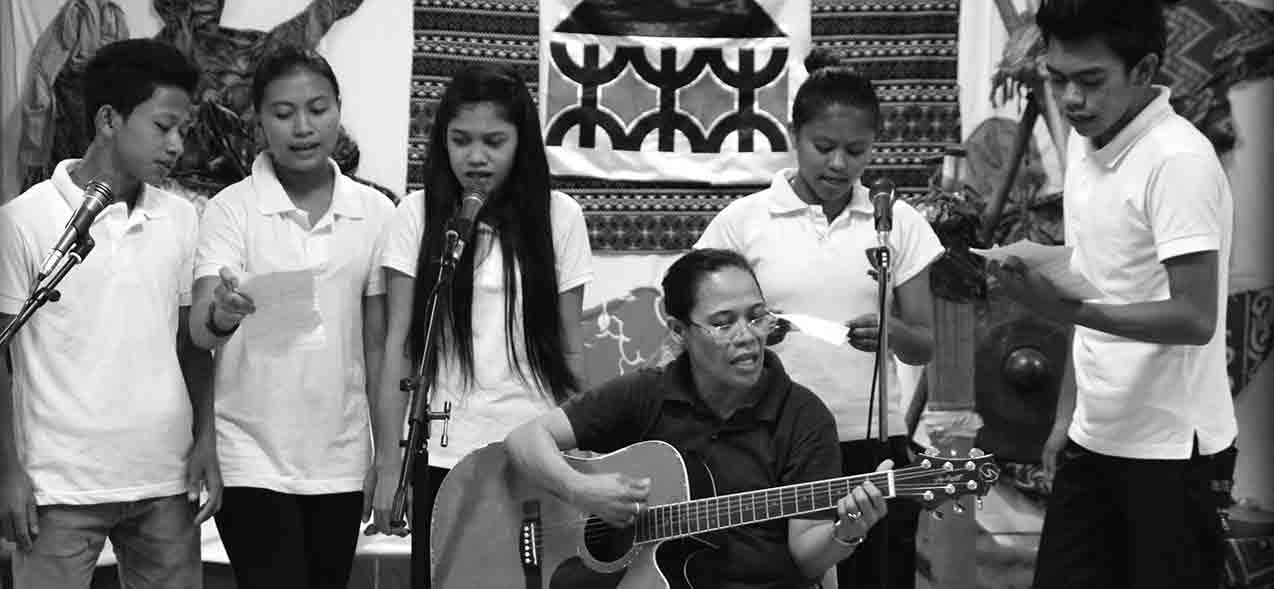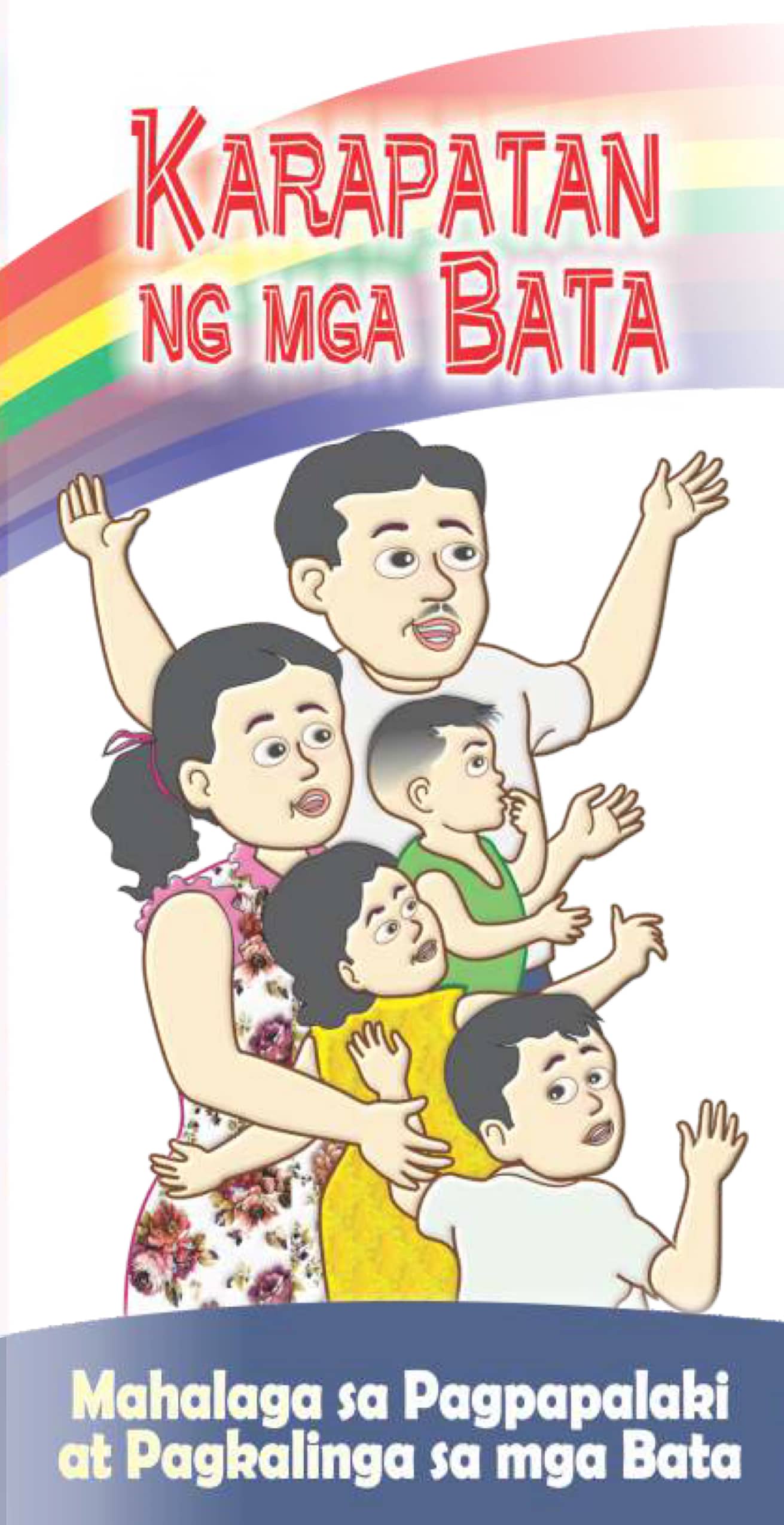Around 40 members of the Human Rights Council have spoken against the controversial extra judicial killings of persons as a result of the war-on-drugs policy of the Duterte Administratio, while at least fourteen other state-parties expressed concern over reports of torture in the Philippines despite the enactment of the Anti Torture Act almost a decade ago.
Many of the state-parties asked the Duterte Administration to end impunity by holding the perpetrators of human rights violations accountable, while others called for the establishment of an independent mechanism to hold preventive visits to places of detention and propose measures to deter torture and inhumane and degrading treatment in the Philippines.
Balay and other members of the United against Torture Coalition in the Philippines (UATC) have welcomed the observations and recommendations of the members of the Human Rights Council working Group during Universal Periodic Review of the human rights record of the Philippines held on May 8 in Geneva, Switzerland. They noted that there is still a long way to go before the human rights climate in the Philippines would improve despite the success of civil society organizations in lobbying for legislations that supports freedom from torture and other laws that promotes human rights.
A total of 95 delegations participated in the Universal Periodic Review and engaged the representative of the Philippines in an interactive dialogue. The HRC Working Group also studied the reports submitted earlier by the Philippine government.
Among those who spoke on the issue of torture in the Philippines are representatives from Liechtenstein, Portugal, Republic of Korea, Slovenia, Republic of Moldova, Guatemala; Canada, Angola, Georgia, Chile, Spain, Peru, and Austria.
Chile, in particular, recommended the full implementation of the rehabilitation program for torture victims as provided for under the Anti Torture Act, while the delegation from Spain recommended that efforts should be intensified to bring in torture perpetrators to justice.
The representative from South Korea and Peru pointed out the need to put in place a National Preventive Mechanism in fulfilment of the Philippine commitment when it ratified the Optional Convention against Torture in 2013.
Delegations from Australia, United States and Netherlands, among others, have called on the Duterte Administration to allow the UN Special Rapporteurs on extra judicial killings and enforced disappearance without any preconditions.
While some countries applauded the current administrations measures on addressing issues in relation to the war against illegal drugs, a significant number of member-states insisted on putting an end to extra-judicial killings. They also called upon the Philippine government to continue its efforts in eliminating the drug problem and protecting the people from the threat of drugs while upholding human rights in accordance with international standards.
Other issues put forward by the delegations in the Universal Periodic Review were the reintroduction of Death Penalty and Lowering the Age of Criminal Liability which they noted could be inconsistent with the commitments of the Philippines under international law.
























